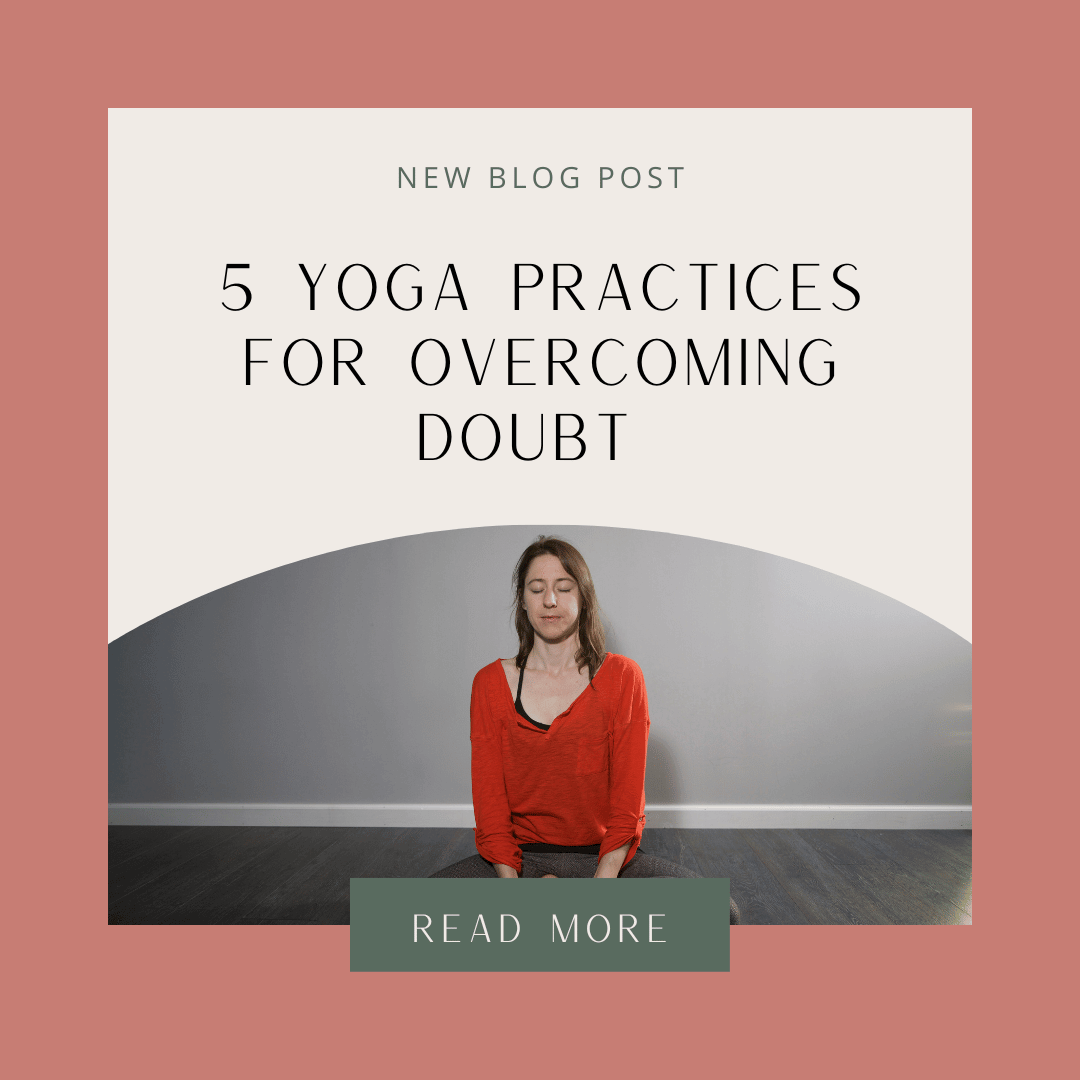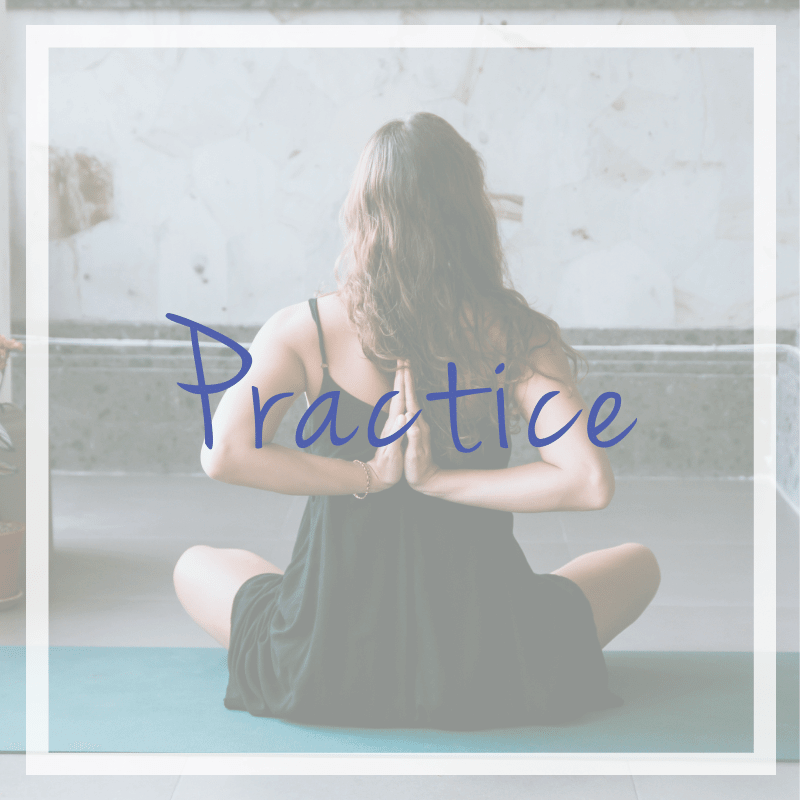On Saturday, I got married.
Woohoo!
People keep asking me what was my favorite part. It’s too hard for me to pick one part, so my answer to everyone has been all of it.
My wedding was perfect in every way, even though it wasn’t.
It wasn’t perfect because I long ago learned there is no such thing.
Ask my dad and my husband (hehe, it still sounds so funny to call him that). My mom and I sat and complained for hours on Sunday and Monday about all the little things that went wrong. Even though it really didn’t matter.
It’s just that we put so many hours into planning the best wedding ever. We sweated the small stuff and the tiniest details and all of it was worth it, even when it didn’t work out quite the way we envisioned.
From overly excited to appropriately detached
Growing up, I got excited easily about small things. This sometimes confused people who didn’t know me well and I even remember my friends calling me out about my outbursts of excitement over what seemed like insignificant events.
If a song came on the radio that I liked, I might scream out in delight and begin singing at the top of my lungs. I didn’t feel like there was anything wrong with it, but I think it might have embarrassed the people I was with because I was drawing unwanted attention and stares from strangers. Since I’ve never cared much what people think about me, it never phased me.
I remember taking a class in college on Buddhism along the same time as my yoga journey seriously started. In Buddhism, the concept of detachment is a central component. In yoga, while not as central a tenet as in Buddhism, detachment is a HUGE part of the practice of Karma Yoga (see my recent post about the four kinds of yoga and how karma yoga may or may not fit into your life.)
As an easy-to-overly-excite individual, I didn’t quite understand detachment. It seemed to me that detachment was the equivalent to emotionless and I couldn’t comprehend the benefits of suppressing emotion.
Over time, I’ve come to learn through experience the handiness of a detached attitude.
Detachment=calm bride
Practicing detachment is what allowed me to have a perfect wedding even when things went wrong.
Practicing detachment can allow you to have a perfect day every day, even when things don’t go your way.
Detachment is not about burying emotion. Burying emotion is not handy. Although I’m not a doctor and can’t tell you what burying emotion will do to you with certainty, I can let you know that through my teaching experience I have seen the number that emotion burying will do to your hips and shoulders, and it’s not pretty.
Detachment is doing your best without worrying about the outcome.
I tried my best to do what I could to create the most fun wedding. When it came time to the actual day, I enjoyed whatever happened. That’s what made it fun.
I didn’t sweat when we discovered there was a miscommunication with the cake designer and the florist and the flowers the florist brought to put on the cake were replaced with edible flowers the cake baker made accidentally.
I didn’t worry when the dinner service was SO slow.
I laughed when I messed up parts of my dance with my husband and with my dad.
It didn’t bother me when we learned two days before the wedding that one of our groomsmen may or may not make it to the wedding because of a work conflict (he made it for the ceremony and the pictures and then had to leave before the reception).
Detachment as a mindset
When you hear about bridezilla’s, these are the people who work so hard to create a perfect wedding and then lose their minds when the tiny details don’t go exactly as planned. They stay attached to the outcome and allow the outcome to determine their mood and their mindset.
I determined my mindset from the beginning. On the morning of my wedding, I practiced yoga on the rooftop deck where I would get married hours later. I set the intention to go with the flow and have fun, and that was my focus the entire day.
I could have set an intention to have a perfect day. But that would have been fruitless since the chase for perfection is an illusion and completely not worth the pain, struggle, and unnecessary misery.
When things that I’d worked toward for a year didn’t turn out, detaching from the outcome and committing to the present moment worked wonders.
From the original source
In the Yoga Sutras, Patanjali (the author), writes
“Abhyasavairagyabhyam tannirodha.”
According to an article in Yoga Journal this translates to: “In order to achieve a state of yoga, one must develop both practice and detachment.”
In other words, detachment is not about going through your daily life and just not caring. It’s about caring, and also not caring when things don’t turn out. It’s about caring, and also not caring when things do turn out.
It’s about being present in each and every moment.
Practice detachment in your daily life
Are there events, situations, or circumstances in your life where it would help to adopt a detached attitude?
To practice detachment on a daily basis, first create a daily intention, or an intention directly related to a goal you’re working toward.
As you move toward your goal, practice detaching to the outcome and staying present with what you really want to achieve. If something goes wrong, great. If something goes right, great.
Keep going! Keep trying! Keep smiling! And keep revisiting your intention. It’s allowed to change as time goes on, as long as you know that you’re working towards living in the present moment and not towards a particular outcome.
Good luck developing your detached attitude. Know that this is a daily practice and it will take time. Some days will be better then others. Remember, you get to choose when you want to start practicing your yogic skills.
Namaste!





